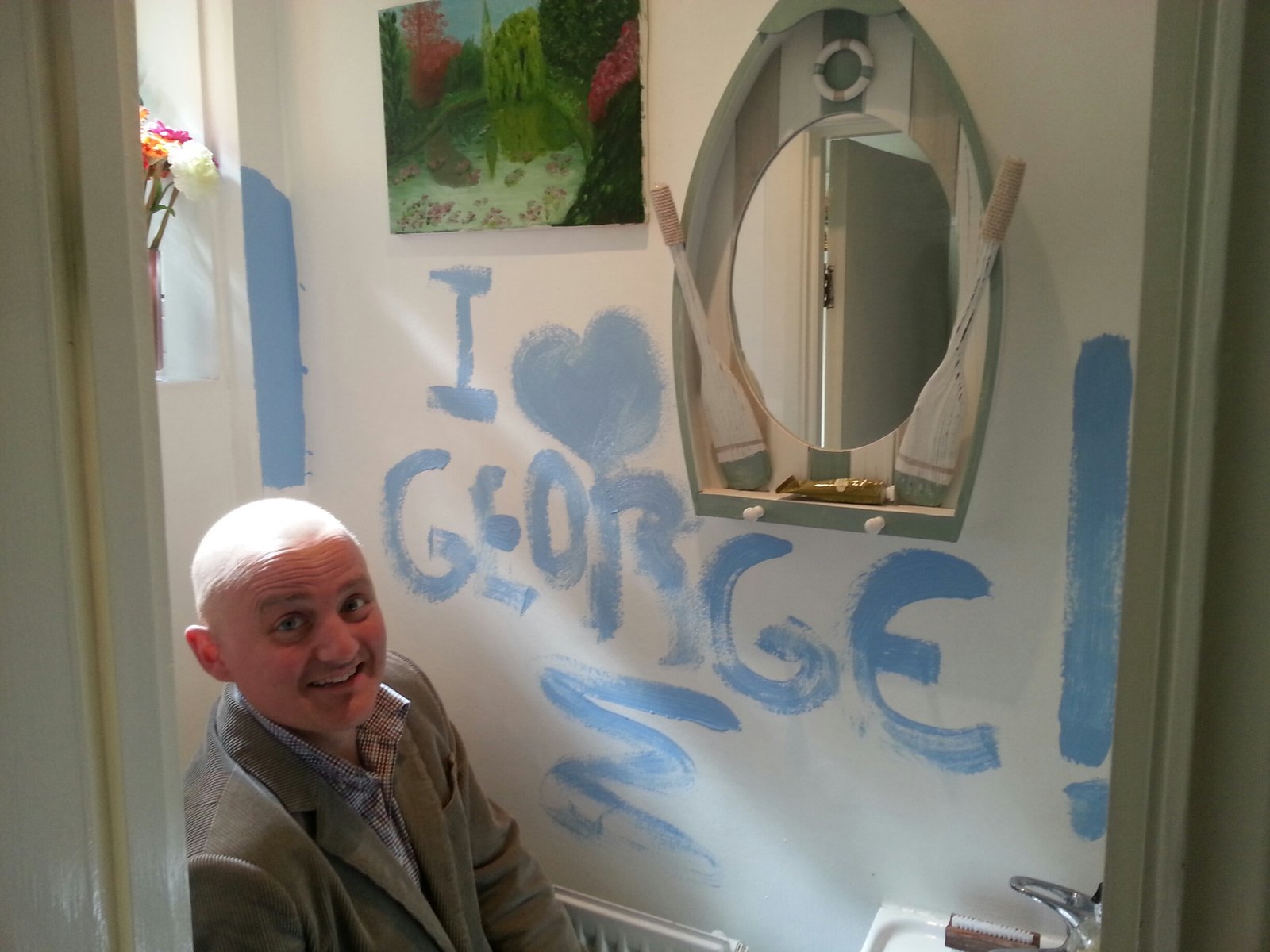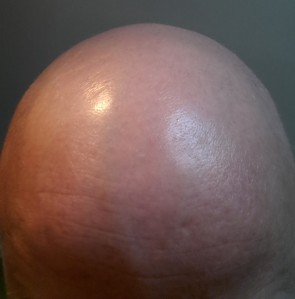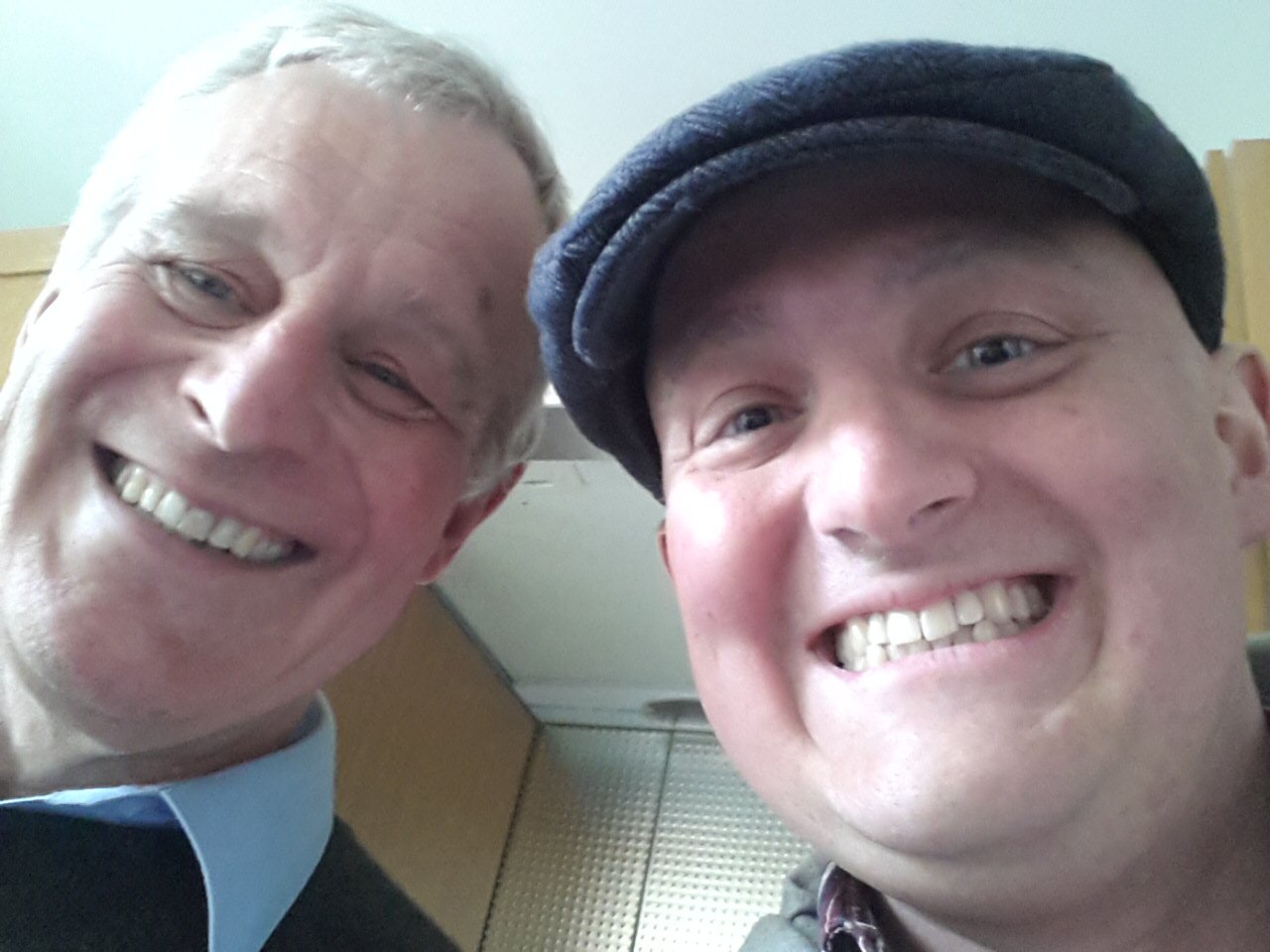
Another weekend, another magnificent breakfast by Mariacristina, as she marked the visit of our friends Valentina and Riccardo with pancakes and eggy bread (French toast if you’re feeling formal). I did tell her that if I were the only one to want the latter, not to go to the extra effort, but she insisted she was going to join me in going for eggy bread, only to throw in her lot with the visiting pancake-eaters but still cook me up two wonderful slices of fried eggy bready goodness. Damn you, Italian hospitality!
Topping the eggy bread were perfectly cooked slices of bacon, which everyone knows would by themselves have made me happy. In fact, the very prospect of bacon would have been enough to make my day, according to my bacon theory. Who cares if I can’t go to the theatre, I have to force doing disgusting-tasting itraconazole twice a day and my body is undergoing an internal accommodation between the newcomer cells and my original organs, if I can enjoy both the anticipation and the very pleasurable moment of tasting something delicious.
This, I suppose, was for me the grand moral of the story the first time I was ill. That and the fact that it wasn’t worth expending emotional energy on worrying about challenges that may or may not happen, but instead I should wait to see whether such challenges needed to be confronted, and take them on then. All that lying around in hospital gave me the chance to think about what I believed, what seemed important to me and how I wanted to live my life. And, to a great extent, I still believe in those things.
It’s easy to label these conclusions ‘lessons learnt from having cancer’. Certainly my leukaemia diagnoses and treatment have both times put into sharp focus the importance of making the most of every day and every bacon sandwich, as well as emphasising the benefits of not allowing a foggy future to cast a shadow on the present. In a way, though, I feel that I always felt and lived this way – cancer may have helped me realise that this was my natural disposition, but it wasn’t necessarily the cause.

Having cancer – or any serious illness – is likely to have a profound effect on your life, be it logistically, physically, mentally, socially, or psychologically – or any combination of these. It might just be because I have more time on my hands as a result of my illness, but I cannot help feeling that such a life event should, in itself have some greater meaning. I can’t help thinking that there should be one great, defining lesson that cancer is there to teach me – and in a way it would be comforting to know that there is some significance, some special guidance or secret that is revealed as a reward, or recompense, for the pains and challenges cancer brings.
And yet, I’m glad I haven’t found one, because it renders cancer banal, and a banal enemy is an insignificant one. Admittedly, the very real threat to life and lifestyle that cancer can pose means you can hardly call it ‘insignificant’, but insisting on seeking some great truth from its presence is to build it up and give it a moral significance it does not deserve. It is just an illness after all – simply another hurdle many of us will have to face during our lifetimes and deal with in the best way we can. We might learn something about ourselves, and about the people around us, but is this not the case with every life experience?
It’s great, therefore, that research, understanding and evolution have rendered cancer far more humdrum over the years. I’m wary, though, of treating cancer too much as ‘banal’. Firstly, there are so many patients who have faced far tougher fights than my own, often in a losing battle, who should be lauded and celebrated for their courage and determination – particularly if in retelling their stories and highlighting their bravery we can encourage further support for all the organisations working to reduce the impact of cancer.
Secondly, on a personal note, I find it heartbreaking to see the consequences of cancer reduced almost to insignificance. I was reading the obituary of an elderly man whose life was of enough interest both to warrant a write-up in The Times and to encourage me to read it, but the only thing I remember is that his wife died of cancer in the 1960s. Were she approximately the same age as her husband, she would have been about 30 when she died, but that is all I or the other Times readers will ever know about her. Perhaps cancer did cough up some great truth to her and/or her husband while taking her away from him. I hope they gained something, at least.
Just as a quest for the meaning of life, the universe and everything is never really going to end in as simple an answer as 42, I’m sure there is no single great lesson to be learnt from cancer. But we shouldn’t underestimate the little things we learn on the journey: the presence of hidden strengths; the reminders of where our priorities lie; and the revelations of love and kindness that may otherwise be hidden below the surface; for example. And when it comes down to it, perhaps these are the most precious lessons of all.


Thanks George, and well done! Nick